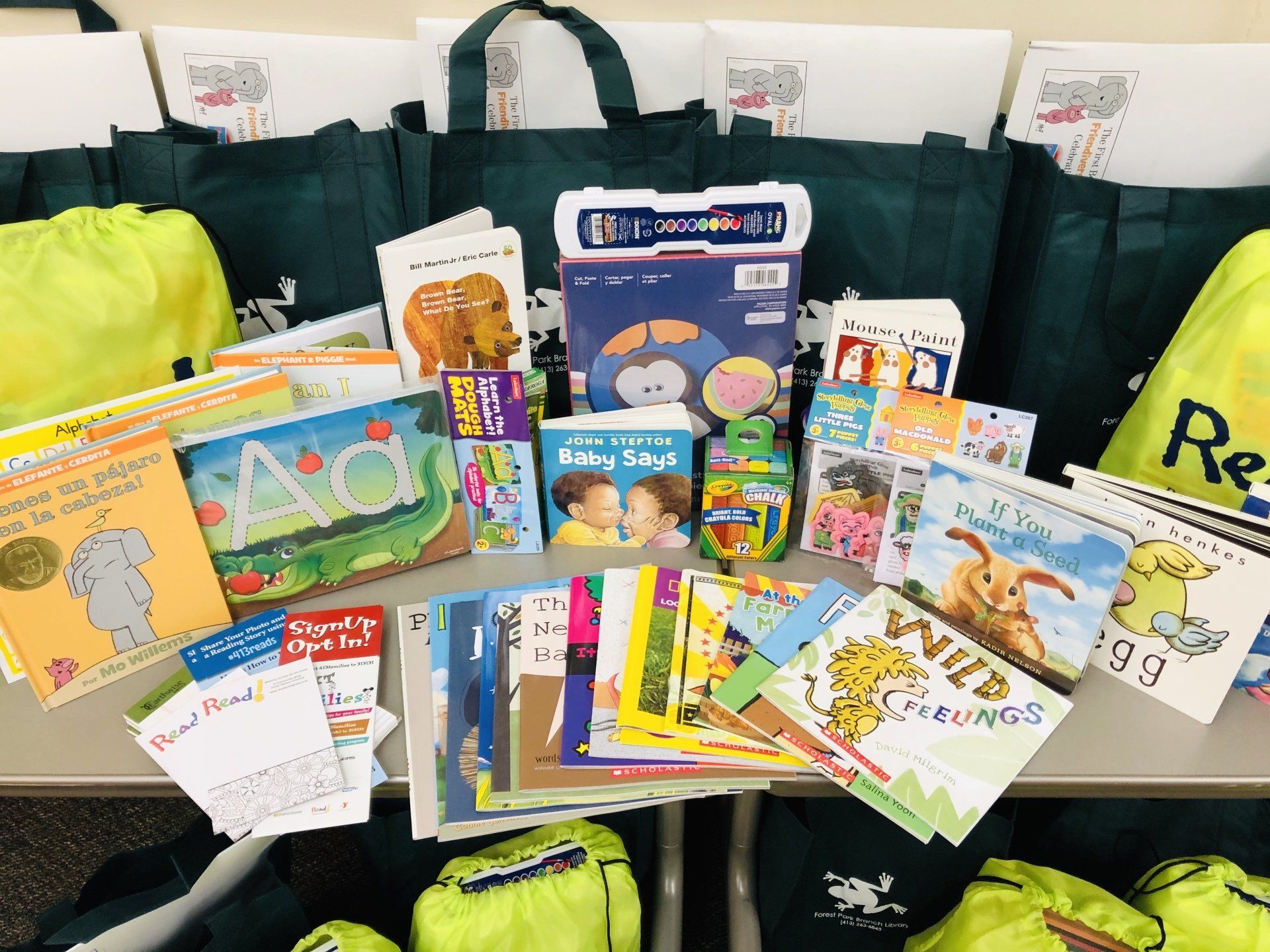Family Child Care is Essential: COVID-19 Emphasizes the Necessity of Family Child Cares
August 11, 2020
The COVID-19 pandemic has impacted family life in innumerable ways. Many parents deemed essential at their places of work have been faced with the difficult situation of finding care for their children when schools and the majority of child cares were closed.
In Springfield, there were 12 family child cares that remained open during the height of the pandemic (March to June) that served children of essential employees. Family child care is licensed early care and education for children ranging from infants to school-aged, given in the provider’s home. These 12 providers - all women-run businesses- not only cared for and educated children when all other facilities had to close; they silenced their own concerns about the fatal outcomes of the pandemic and made it possible for parents working at hospitals, grocery stores, pharmacies, transportation services and other essential areas of our economy to go to work.
And as the economy continues to reopen, those reentering the workforce who have children will not be able to go ‘back to work’ until adequate and quality care is readily available for families.
Jynai McDonald, Family Child Care Coordinator for SEIU Local 509, weighs in on the importance of Family Child Cares in the time of COVID-19: “We all know the child care system was broken before the pandemic, with thousands of children in the Commonwealth on a waitlist to access high-quality early education and care. As the landscape of the returning workforce starts to change we will be forced to see just how essential Family Child Care providers are.
“These licensed educators have dedicated their homes to serving one of our most vulnerable populations; our children. For decades, FCC providers have been treated as the step-children to early education despite their unique ability to meet the needs of children and their families in ways that the traditional child care centers have not. One of these ways is providing non-standard hour care so families are able to meet the new and different scheduling demands of their employer.
“Repairing the child care system will require approaching from multiple angles to remove families’ burden to access, providers being appropriately compensated in alignment with the true cost of care, and getting employers to pay their fair share.”
Research suggests that areas of the country that have already experienced an expanding child care crisis, particularly in low- and middle-income communities, are likely to experience worsening child care deserts during the pandemic.
According to an article from the Center for American Progress, “Child care deserts will become the norm, holding back millions of working families, particularly working mothers, in the middle-class communities that were already falling behind economically prior to the pandemic.
“Without a significant public investment in a dedicated child care stabilization fund, child care closures will be concentrated in low-income and middle-income neighborhoods and many families will be unable to access child care assistance during a period of record-high unemployment. This could, in turn, make the reopening of the broader economy smoother in areas with adequate child care supply while businesses whose employees live in child care deserts may struggle to get parents back to work,” the article stated.
Throughout the pandemic, Reading Success by 4th Grade and our School Readiness partners supported the essential family child care providers in Springfield by providing free child care business consulting, curriculum supports and art supplies and, of course, plenty of books! The Eric Carle Museum of Picture Book Art also shared many resources that were distributed to families and family child cares.
Share
Topics
Recent Posts
Join Our Email List










